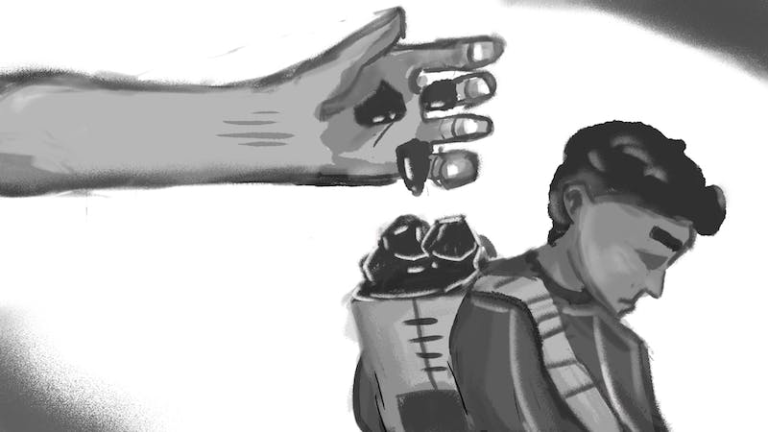Growing up, my family didn't talk about mental health. This topic was rarely discussed, and when it was, it was quickly shut down. Feeling any kind of negative emotion is simply “bad” and should be avoided at all costs. Unpleasant emotions should not be felt and, of course, should not be talked about. I convinced myself that I was perfectly fine and always would be.
It's hard to pinpoint when exactly I started struggling with my mental health. Despite my “respectable” upbringing, somewhere along the way I developed that ever-present pit in my stomach. A rampage of incomprehensible thoughts that clouds every social encounter. And the persistent desire to know, “Are you sure they don't hate you?”
I told myself that my experience was normal. Everyone has to have some degree of self-loathing, right?
But when getting out of bed became a chore and interacting with others felt like running a marathon, I knew something needed to change. It took me months to get the courage to approach my parents. I felt the weight of all the stigma surrounding mental health that exists in my family and in our culture at large.
When I finally told my parents about my struggles, they weren't very enthusiastic about it. They weren't necessarily hostile. They were simply lost. They just couldn't understand why a kid who had friends, good grades, and a financially stable family couldn't be okay. They remembered feeling similar when they were younger and tried to convince me that struggling is a normal part of the human experience.
Anyway, I insisted on starting treatment. My weekly schedule was always somewhat predictable. After a few minutes of talking, “I understand where you're coming from,” and “I understand how difficult it is for you,” my therapist always repeated the same question. “How did you feel as a child?”
After several diagnoses and multiple therapists, it became clear that my problem was not standard. But even more disturbing was the realization that they didn't suddenly appear out of nowhere. My attachment issues and the way I spoke to myself were the result of my upbringing, rather than unfounded, spontaneous, and unfortunate mutations of the mind.
I felt angry towards my family. I blamed them for feeding me my dysfunctional thought patterns. How can they claim to love me while damaging my psyche as it is forming? Suppressed tears, avoidance of emotional conversations, and lack of emotional safety all contributed to my unhappiness. I concluded that they intentionally put the struggle on my shoulders out of malice.
As I grew up, I began to notice obvious similarities between myself and my parents. It was in the way her mother talked about herself, the pressure her father put on himself to be successful, and the way her father saw her about love and relationships. I saw myself in the way they criticized themselves. I heard myself when they downplayed their successes and magnified their failures. My poor mental health was inherited from something other than my own childhood.


